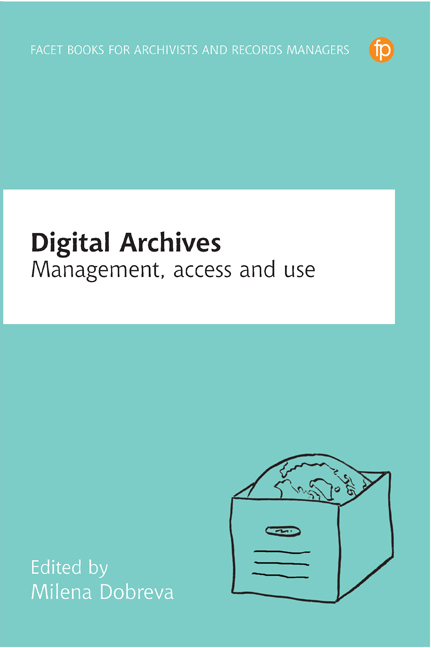Book contents
Foreword
Published online by Cambridge University Press: 02 October 2019
Summary
On a cold, rainy day in June 2017, I went to hear Richard Ovenden, the Bodley's Librarian (the senior executive position of the Bodleian Libraries of Oxford University) speak at the National Library of Ireland in Dublin. In his talk, entitled ‘Curating Culture: research libraries in a digital age’, Ovenden spoke about recent efforts at the Oxford libraries to document (then) current events. In particular, he mentioned the campaigning of June 2016 that led to the UK voting to leave the European Union (EU) (in what was sometimes described as the Brexit referendum). In the run-up to the referendum, the Leave the EU campaign had a ‘battle bus’, the brainchild of the Leave campaign director Dominic Cummings. Plastered on the double decker was a large sign that said ‘We send the EU £350 million a week. Let's fund our NHS [National Health Service] instead. Vote Leave.’
On 23 June 2016, after the referendum results were announced, the £350 million figure was declared wildly exaggerated (the Office for National Statistics noted that it did not take into account rebates and payments to the public sector from the EU). Furthermore, Nigel Farage, one of the key architects of the Brexit campaign, noted that any savings would not go to the NHS after all and implied that had never been promised. Even in April 2017, prominent pro-Brexit campaigner and politician Boris Johnson stood by that £350 million figure, but the bus vanished the day after the referendum.
Photos of the bus placard still exist on the web, though, however much its creators would want them to have vanished. The image is also contained within the curated web archives of the Bodleian Library of Oxford University, along with other ephemera and social media around the referendum. Ovenden noted that in spite of difficulties over re-use of digital information and legal deposit in the UK context, the process of web archiving strikes an important blow against those who would try to erase or minimise acts of recent history.
A snapshot of July 2017, a month later: the international news is dominated by concerns about the Trump family and staff's contacts and emails with Russian operatives before the US election of November 2016.
- Type
- Chapter
- Information
- Digital ArchivesManagement, use and access, pp. xi - xviPublisher: FacetPrint publication year: 2018



